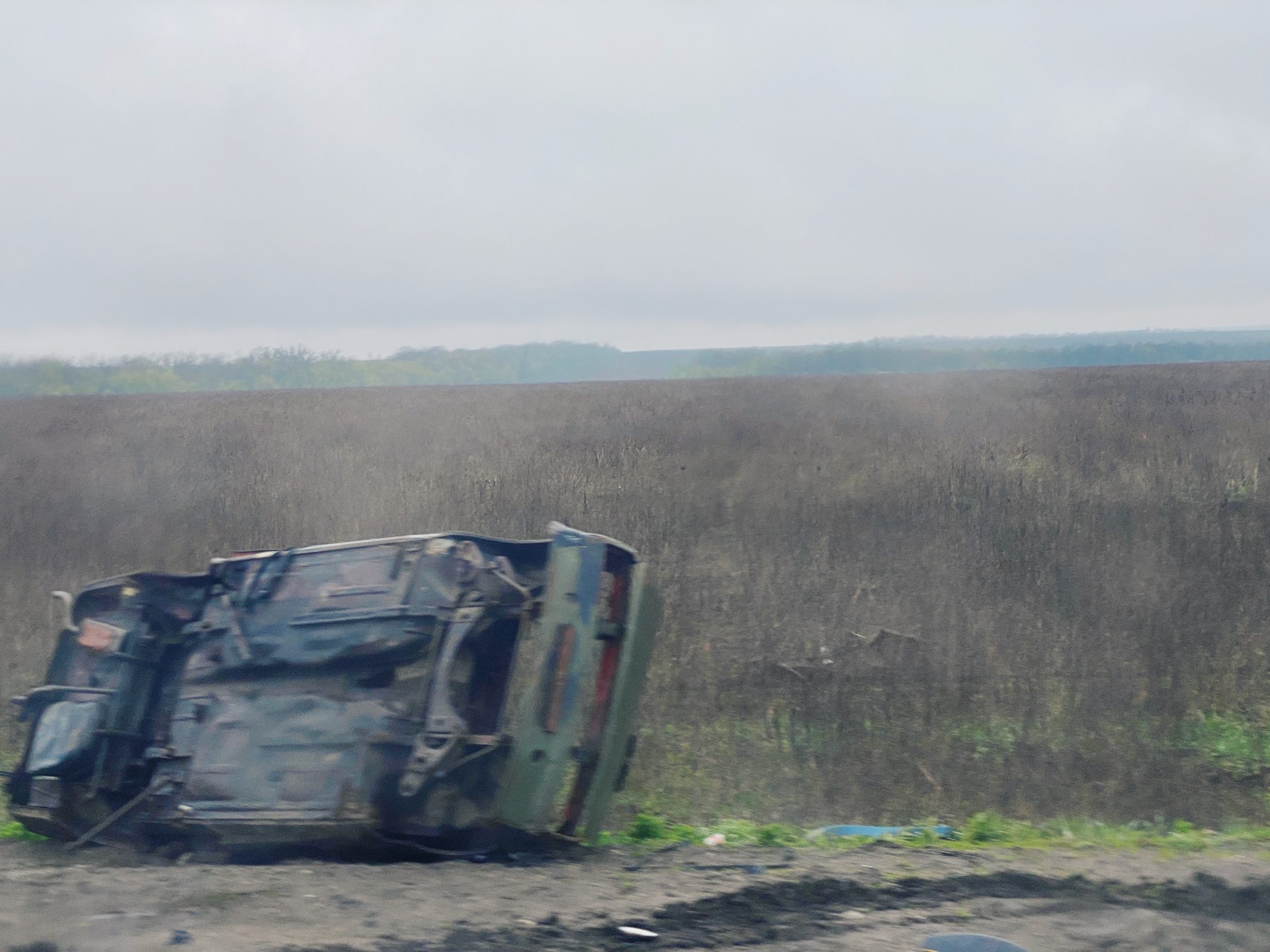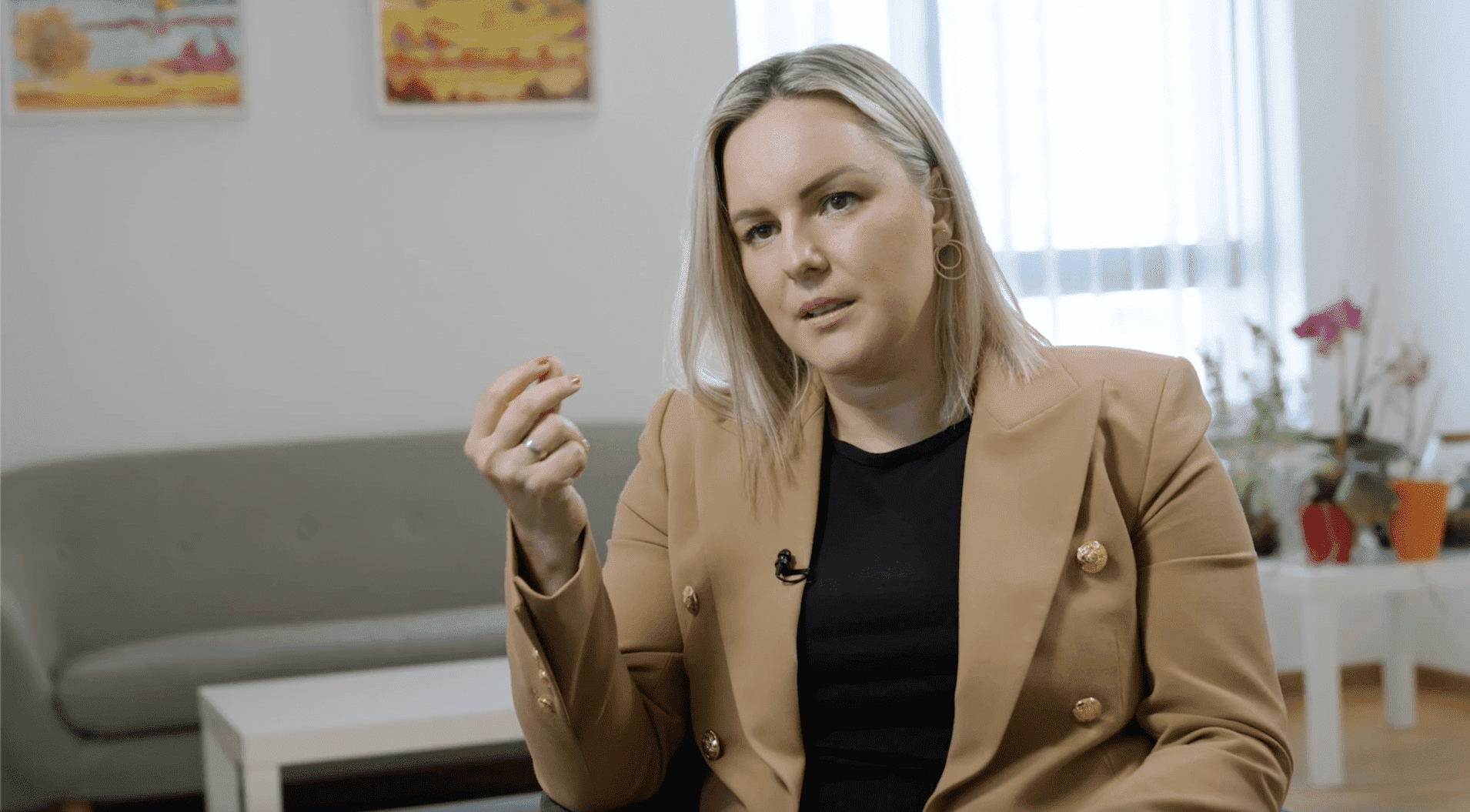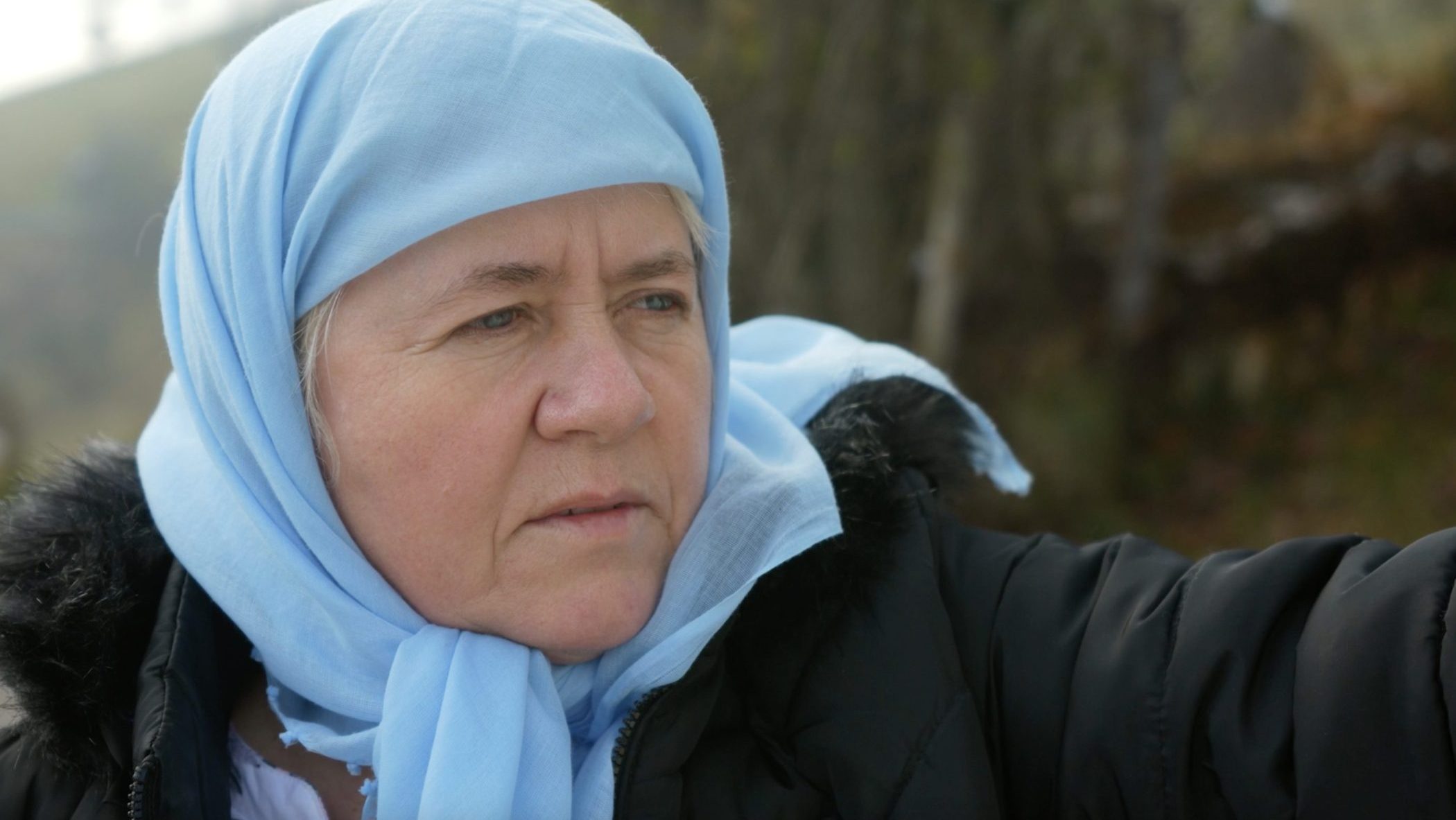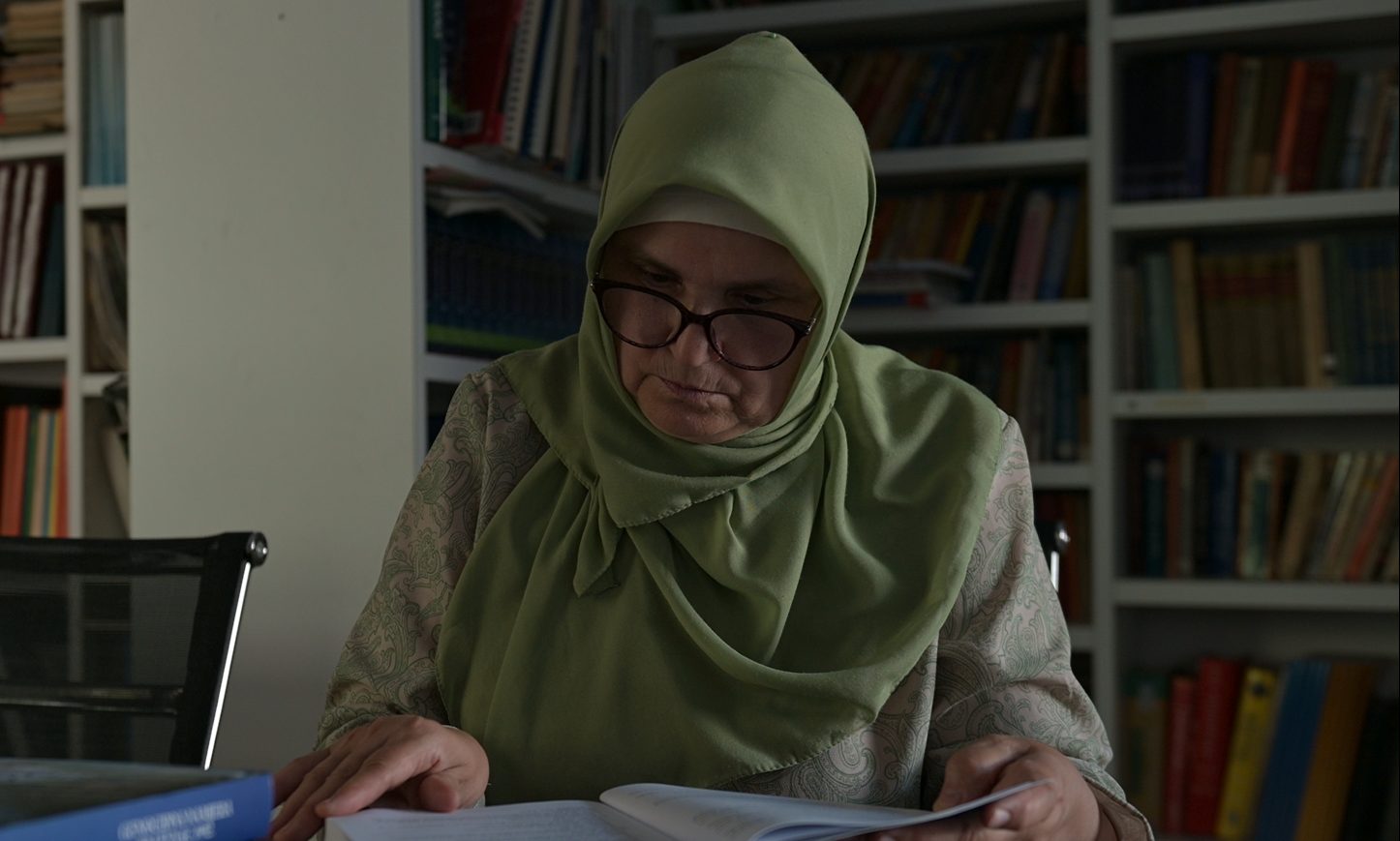This post is also available in: Bosnian
Huseinova told Detektor that the soldiers kicked her and took her to an isolation cell, which she had heard was the worst torture room in Donetsk.
She experienced the detention as the end of her life. According to estimates, about 7,000 Ukrainian citizens are currently in Russian detention, either in Russian-occupied territories or in Russia itself. For many, there is no confirmation as to whether they are alive or not.
International and local non-governmental organizations in Ukraine are working to set up support mechanisms for people who have suffered sexual violence in the war. Iryna Andreeva, who works in the field of psychological and social support in Kyiv, said that the hardest case she encountered was of a four-year-old girl who had been raped. The Andreev Foundation has been working for some time with this child. Andreeva said that thousands of crimes have been committed against children and minors during the two-year invasion of Ukraine.
There’s much work, Andreeva says, to be done in local communities across Ukraine. One problem she highlighted is that in many small communities, people sometimes blame victims of sexual violence.
“First of all, the community needs to be understanding, and we explain this to them when we visit the villages. Neighbours often blame female victims of sexual violence, saying that it was their own fault. Such reasoning originates back to the Soviet Union. If a woman was raped, it was her own fault, because of the way she dressed or colored her hair, and so on. We explain to them that it can happen to anyone, no one is protected from it. We understand that occupiers use sexual violence as a weapon to scare people. So we must understand it is not the fault of those women, but the fault of the criminals,” she said.
 Destroyed car on the road in Ukraine. Photo: Marcel van der Steen
Destroyed car on the road in Ukraine. Photo: Marcel van der Steen
Mykhailo Sava of the Center for Civil Liberties in Ukraine, which received the Nobel Prize for Peace in 2022 for its work documenting crimes, confirms that there a large number of crimes have been committed. He says that people were also robbed and civil property was destroyed in cases where there was no justified military goal.
Sava, a Russian living in exile, has investigated many crimes, but he encountered some personally at the beginning of the invasion in February 2022 when he was living with friends a few kilometres from the Zhytomyr highway.
“The first Russian military column that I saw with my own eyes shot two civilian cars. The column was going towards Kyiv from Makariv. Two civilian cars appeared from the road that bisects the Zhytomyr highway. It is the road that goes to Irpin and Bucha. I think those were just people that were trying to escape from Irpin or Bucha. They headed onto the highway and a Russian infantry fighting vehicle shot them with its automatic cannon,” he said.
He said the 30mm shells tore the cars apart.
“When we photographed what was left after the column moved on, it was only because of the legs that were still in the cars that we realised that there was a man, a woman and a child in each car,” he said.
The next Russian column scattered whatever was left on the highway.
“If we didn’t document it, there would be nothing left of this crime,” Sava said, pointing out how important it was that they managed to record the crime.
 Sabina Mehic, lawyer. Photo: BIRN BiH
Sabina Mehic, lawyer. Photo: BIRN BiH
In the experience of Sarajevo attorney Sabina Mehic, documenting crimes is of the highest importance. For years, she has been working full time on war crimes cases in Bosnia and Herzegovina. She has also defended people accused of crimes by the International Criminal Tribunal for the former Yugoslavia in the Hague. She didn’t want to compare the wars or suggest that one group or another is privileged, but she did note that it is important that crimes in Ukraine are being recorded in real time.
In her own work she has encountered a lack of adequate documentation. She said that it is important to preserve as authentic the evidence recorded today.
“What is quite interesting is that we still see indictments being filed today. Not only that, but we still have ongoing investigations when it comes to war crimes cases. But that is, let’s say, a race against time, because many witnesses have passed away, of course, 30 years after the war, and many documents have been lost,” Mehic said.
According to Sava, the situation during the war in BiH and now in Ukraine are fundamentally different. In the 1990s, Russia supported the establishment of the international court, but now it would never agree to it.
“So now we need an effective mechanism to punish senior state officials. Of course, there are criminal cases ongoing for the perpetrators. But it’s not enough because we have Putin and the people surrounding him who are to blame for starting this war, we have Russian propagandists,” he said.
The International Criminal Court (ICC) has issued an arrest warrant for Russian President Vladimir Putin for war crimes in Ukraine. Russian officials have repeatedly rejected accusations that their forces committed crimes. Since the onset of the full-scale invasion, they have not recognised the ICC and have not allowed Russians to be extradited.
At present, there are about 1,000 trials in absentia being held in Ukraine.
Huseinova, however, does not have physical evidence against those who captured and tortured her. After being released from captivity during a recent exchange, she decided to speak about her experience so that it would be documented. Today she speaks about the intimidation she receives and the threats about being taken back to a military barracks where Russian soldiers take breaks.
“You understand it can happen any minute. I was lying there at night and I thought how I could just stop breathing so that it would end. Because you can’t do anything, you are constantly being watched. But nature didn’t give me the opportunity to do it. And I am grateful that I survived,” she said, “I have to speak out.”


